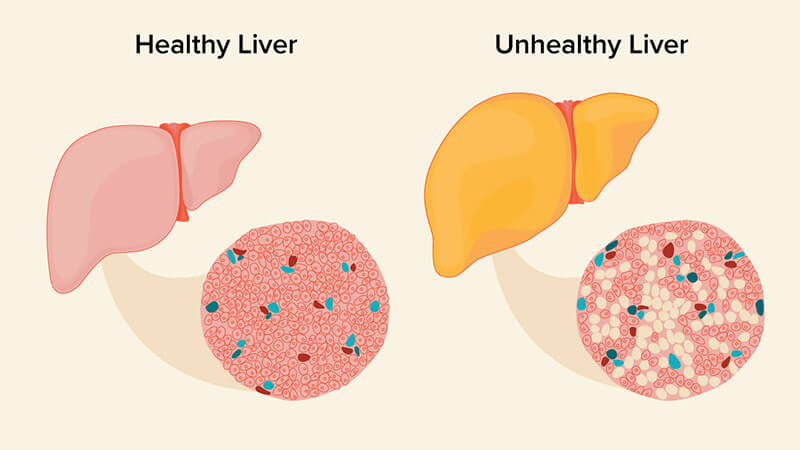Viruses are contagious, but stress? Really? You can catch anxiety just as quickly as a cold. However, you’re used to recognizing the symptoms of a bug like coughing and sneezing, and can avoid people who have them. Second-hand stress, though, might seep into your psyche before you’ve put up your guard. There again, is there a tactic you can use against other people’s stress? The answer is yes, but you have to be aware of it before you can protect yourself.
How people catch stress
A recent study shook many people’s beliefs about the nature of stress as a contagion. Everyone knew being around stressed-out people is unpleasant, but most didn’t realize why. Now the answers come to light. Researchers separated newborn babies from their mothers for a while. They gave one group of mothers a stressful task and the other an undemanding one, then sent them back to their babies.
Even though the mothers didn’t express anxiety through words or behavior visible to the researchers, their offspring were influenced by their mood. The babies of anxious mothers became stressed, while those with non-stressed mothers were fine. Somehow, they were able to pick up the emotional state of their parent.
The study demonstrated people react physiologically to others’ stress, becoming anxious too. Further studies suggest the same, revealing people mirror the emotions of others. They mimic one another’s facial expressions, which causes a matching physical reaction. Thus, if you copy a friend’s grimace, you are likely to become as grumpy as him or her.
How to stop catching stress
You can do your best to avoid stressed people. Sometimes, though, you will come in contact with their anxiety, especially if you live or work with them. The best form of protection is self-awareness. If you know you need to maintain your mental state rather than adopt someone else’s, you can do so. Not mirroring their gestures is a good start.
Even better, though, might be to use positive body language, such as the kind you assume when you feel emotionally balanced. Thus, instead of matching the shallow breathing and drawn expression of someone who is anxious, do the opposite. Take deep breaths down to your belly, and relax your jaw and lips. Also, keep your shoulders back and head high, and don’t talk too fast or slow.
If someone’s angry, the easiest tactic is to move to a different space until they cool down. After all, even if people need emotional support while ranting they can’t benefit from kind words. They can’t absorb them. When you need to be supportive of someone who’s upset, aim to provide sympathy rather than empathy. You’ll remain level-headed, leaving you helpful but stress-free.
Stress is contagious but often avoidable. When people are moody in your presence, don’t spend more time with them than is necessary. If they have a bad temper, leave them to calm down. On occasions when you need to offer support to stressed people, stay self-aware. Don’t copy their body language. Instead, aim to be composed and sympathetic. As a result, you’ll catch less second-hand stress.














